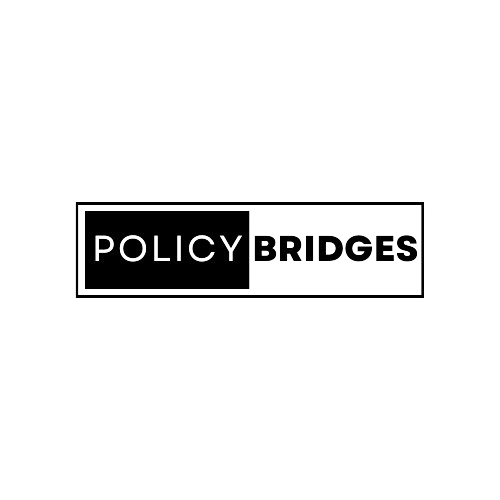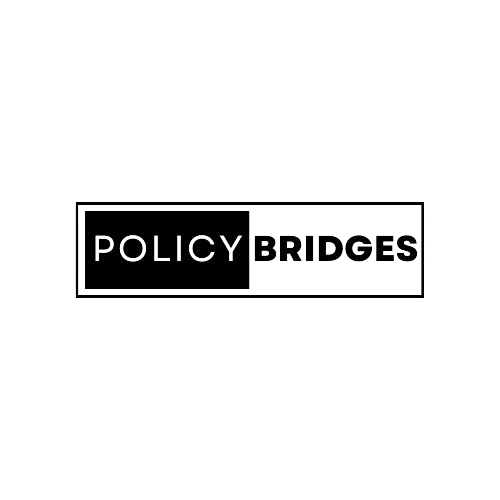Wikipedia, the world’s free encyclopedia, thrives on the inclusion of informative content. However, copyright laws exist to protect the rights of creators. Here’s how Wikipedia navigates this landscape:
Adherence to Copyright Law
- Predominantly Free Content: Wikipedia primarily relies on content licensed under free licenses like Creative Commons Attribution-ShareAlike (CC BY-SA). This ensures content can be freely shared and adapted, while still crediting the original author.
- Respecting Copyright Holders: Wikipedia discourages uploading copyrighted material without explicit permission from the copyright holder. This includes text, images, videos, or any other media.
Fair Use: A Necessary Exception
- Limited Use for Specific Purposes: Wikipedia acknowledges the concept of fair use, a legal doctrine allowing limited use of copyrighted material for purposes like criticism, commentary, news reporting, teaching, scholarship, or research.
- Four Factors for Fair Use Evaluation: When considering fair use, several factors are weighed:
- Purpose and Character of Use: Is the use transformative (adding new meaning or value) or primarily commercial?
- Nature of the Copyrighted Work: Is it creative or factual? Published or unpublished?
- Amount and Substantiality of the Portion Used: How much of the original work is used? Is it the heart of the work?
- Effect on the Market: Does the use potentially harm the market value of the original work?
- Fair Use Rationale Required: If using copyrighted material under fair use, a well-reasoned explanation justifying the use must be provided on the article’s talk page.
Alternatives to Copyrighted Material
- Open Source Resources: Wikipedia encourages the use of freely licensed content from sources like Wikimedia Commons, a repository of freely usable images, sounds, and videos.
- Public Domain Works: Content that has entered the public domain (no longer under copyright protection) can be freely used on Wikipedia.
By adhering to these principles, Wikipedia strives to maintain a vast and informative collection of content while respecting the rights of creators.
source:https://en.wikipedia.org/wiki/Wikipedia:Copyright_policy



